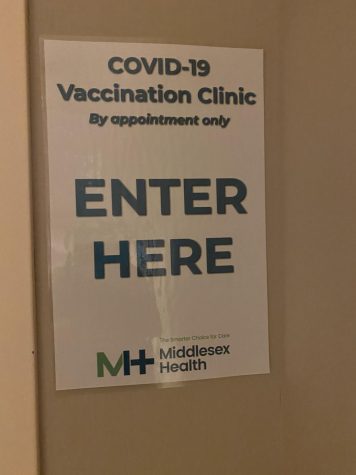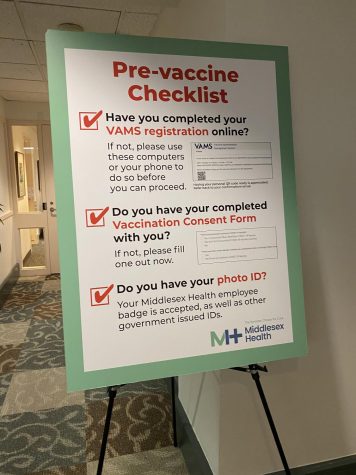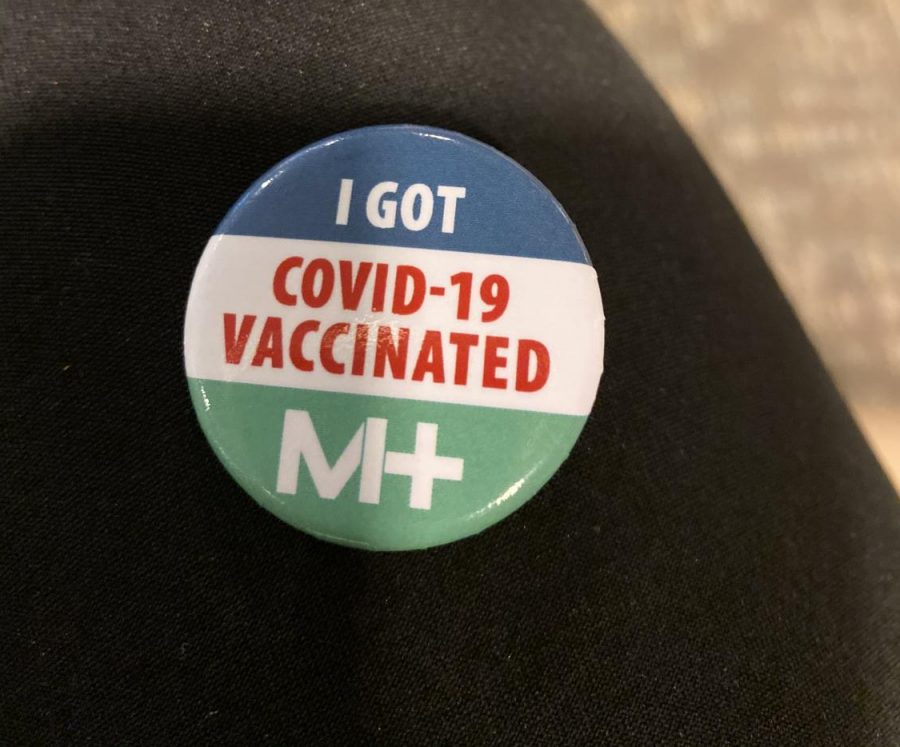Healthcare Professionals Reviews On COVID-19 Vaccine
When the coronavirus pandemic started, there were many people frantically looking for a vaccine to prevent people from spreading the virus. The two vaccines that are being distributed are the Pfizer and Moderna vaccine.
The Pfizer vaccine is given in two doses that are 21 days apart. This vaccine has to be stored at freezing temperatures in an ultra-cold freezer, thermal shipping container or a refrigerator until it is given as a shot into the recipient’s upper arm muscle.
The Moderna vaccine is not stored at these temperatures, still in an ordinary freezer, and the second dose is given a month after the first one.
Since initially, the vaccine is limited the people that have the ability to be vaccinated are healthcare professionals, long-term care facility residents and medical first responders.
Since the vaccine received emergency approval and is brand new, people want to know how the vaccine is given and what side effects a patient may experience from the vaccine. A helpful way to understand this is by talking to people who have been able to receive th e vaccine.
e vaccine.
Tina DellaVentura Silver, LCSW, a psychotherapist for Middlesex Hospital in the outpatient psychiatric department, got the Pfizer vaccine on December 21, 2020. She states “it felt totally normal, like a flu shot” when compared to other vaccines. She feels privileged to be in the early stages of getting the vaccine and is very grateful. When signing up, Ms. Silver received a message from the CDC VAMS, Vaccine Administration Management System, and was given permission to sign up for the vaccine appointment. Middlesex Hospital made multiple appointment days available. After being asked about allergies, medical status, prior vaccines, and other medical history, she received the vaccine and received her second dose on January 13, 2021.
Dr. Traci Eydman, working for emergency medicine and family medicine has received the Moderna vaccine. She said it “was not painful, with a pinch and a little sting.” In her opinion, the flu shot was more painful than the vaccine shot. Dr. Eydman only had a sore arm that lasted about 24 hours, similar to the effect of a tetanus shot. As one of the first groups to receive the vaccine, she felt a feeling of hope. This is the first step back into normalcy. Working for Quinnapiac, Dr. Eydman stated that there are a lot of vaccines available, and it is not too chaotic to sign up through VAMS. The need is for people to give and distribute these vaccines. Overall, Dr. Eydman was able to share a lot of information about not only the present happiness with the vaccine distribution but also with the hope for what is to come and the possible approval of a new vaccine that can be stored at room temperature. The hope is that different groups of people of various ages and occupations including college students will be able to receive a vaccine before next school year. After receiving her first dose of the vaccine on December 24, 2020, Dr. Eydman is looking forward to her second dose on January 21, 2021.
Mandy McJunkins, another healthcare professional working for Middlesex Hospital, was vaccinated.

She said “I feel working in a medical facility it is my duty to get it. It also sets an example for my patients.” She feels confident in the many clinical trials that resulted in the vaccine. She received both doses of the Pfizer vaccine. She said that about three hours after her first dose, her arm was a little sore, and with the second dose, the pain was more prevalent. Icing where the injection was and taking Tylenol eased the soreness. The other side effect experienced was fatigue, which went away within 24 hours. “Being a part of the first round was really exciting,” she states. She related this experience to her father receiving the first polio vaccine as a child saying it is nice to be a part of history. Ms. McJunkins had received the first dose of the vaccine on December 19, 2020, and her second dose 21 days later on January 8, 2021, and now has the complete Pfizer vaccine.
These vaccines are going to take us into the future allowing college students to return to campus, larger gatherings, and an overall healthier community. For more information on the vaccine and any questions, you can visit the CDC.


